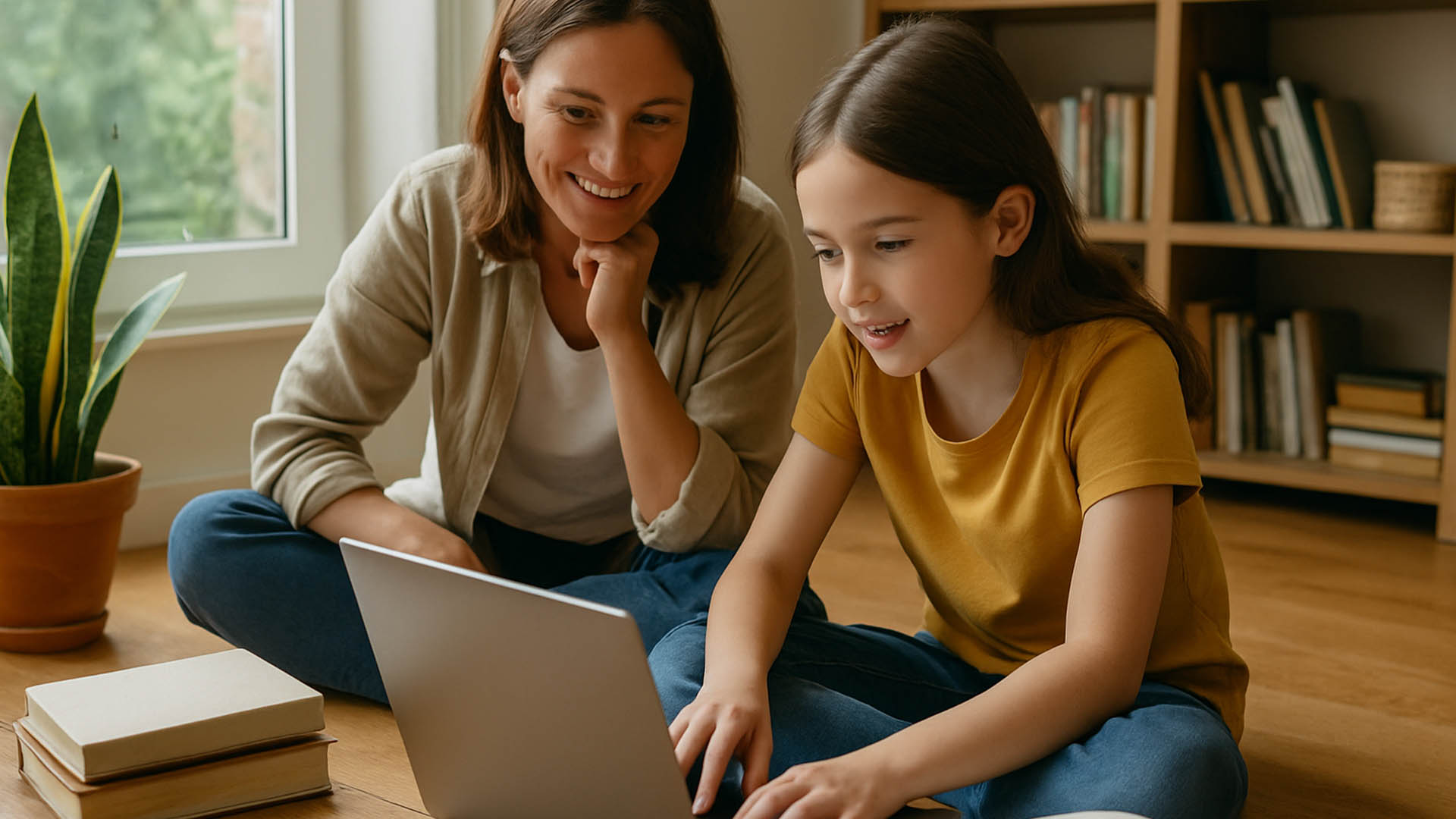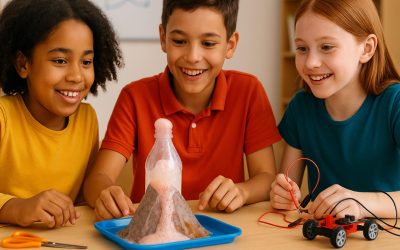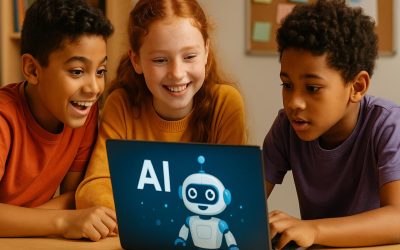By mid‑2025, unschooling—an alternative to structured home or school education—is gaining traction. This model empowers children to direct their learning through interests and curiosity, without formal curricula or schedules. Advocates like Julie Bogart and Curby Alexander highlight boosted engagement and family bonding, but note the need for intentional support to cover essential academic areas .
Core Principles
- Child-Driven Themes: Learning follows interests—from insect collections to coding projects
- Life as Curriculum: Everyday experiences—gardening, cooking, trips—become lessons
- No Formal Testing: Progress grows through observation, portfolio-building, and parental guidance
Benefits & Considerations
Pros
- Higher motivation and enjoyment—kids learn what matters most to them
- Strong family bonds—learning becomes collaborative and flexible
- Emphasis on creativity, real-world problem-solving, and self-awareness
Cons
- Potential gaps in literacy or numeracy if not intentional
- High parental involvement and time commitment required
- Transition to structured learning or social expectations may be challenging
Best Practices for Families
- Track interests and outputs: journaling, artwork, mini-essays, creative calculations
- Balance self-directed with targeted skill-building in reading, writing, and math
- Watch for social readiness: arrange peer activities, community classes, or learning groups
- Reflect regularly: discuss what children have accomplished and what they might explore next
Conclusion
Unschooling offers freedom and personalized learning in 2025, empowering children to pursue natural curiosity. When partnered with thoughtful parental engagement, it can support joyful, well-rounded development—even outside traditional classrooms.
Q&A Section
Q1: How do unschooling families cover essential skills?
A1: Parents weave reading, math, and writing into projects and daily life—ensuring core skills are reinforced, not neglected.
Q2: Is unschooling suitable for all children?
A2: Not always—it works best with families committed to time and observational learning; some kids benefit more from mixed structure.
Sources:
- Parents.com feature on unschooling in 2025








0 Comments